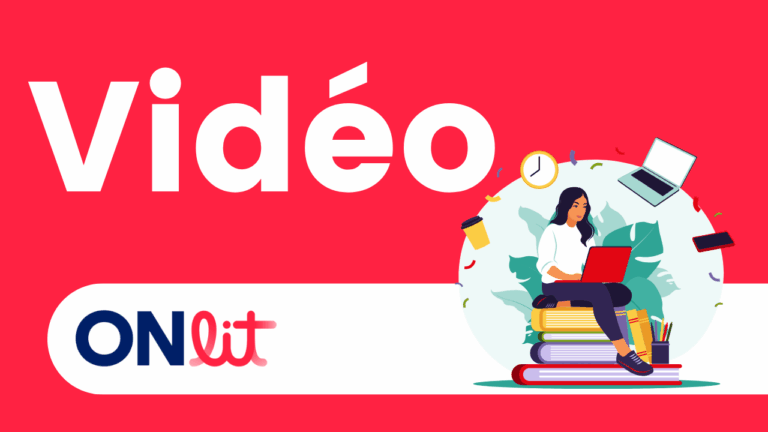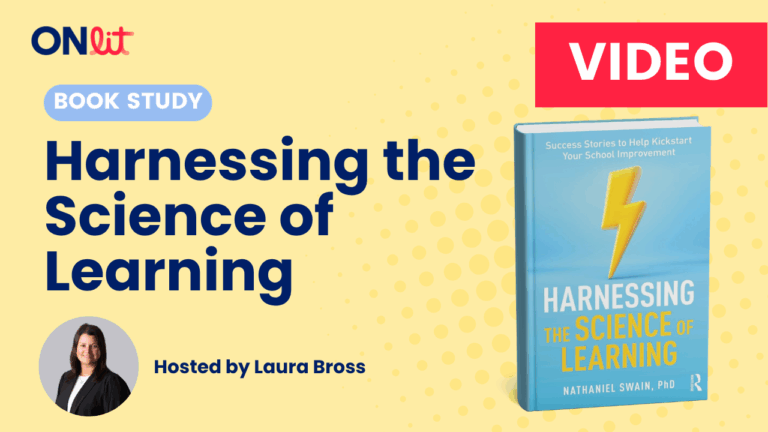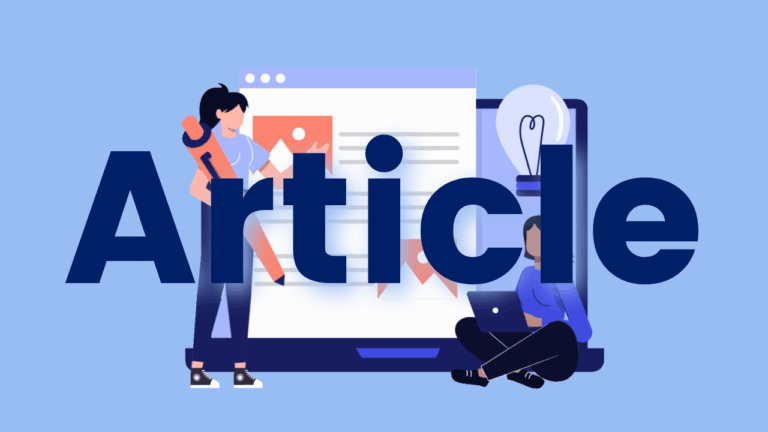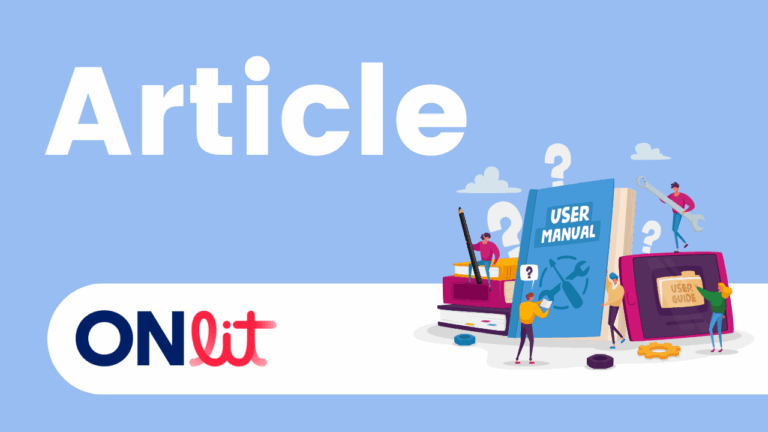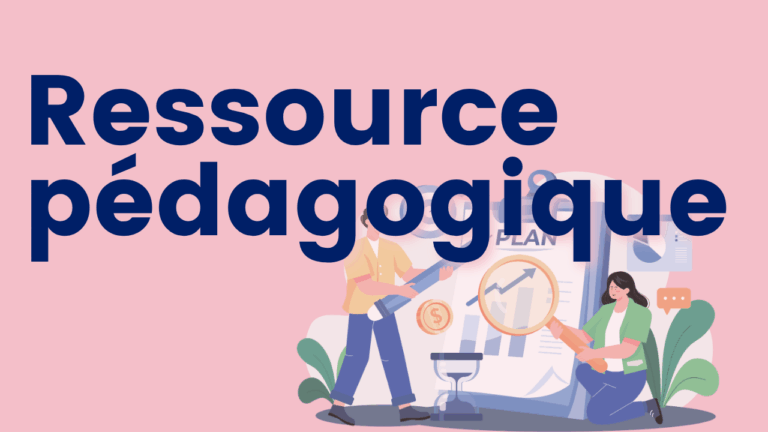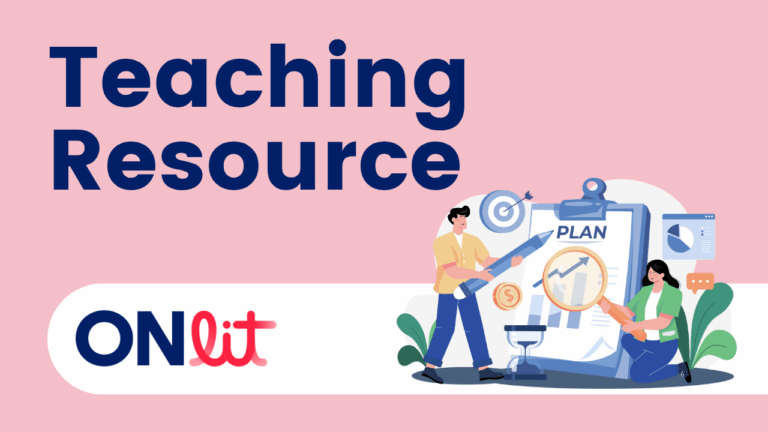L’enseignement explicite (étude du livre)
Vous souhaitez améliorer les résultats de vos élèves ? L’enseignement explicite, une approche pédagogique éprouvée, se caractérisant par des séquences d’apprentissage claires et structurées, pourrait être la clé. En structurant les apprentissages de manière claire et progressive, cette approche favorise la réussite de tous. Que vous débutiez dans l’enseignement ou que vous cherchiez à renouveler…

